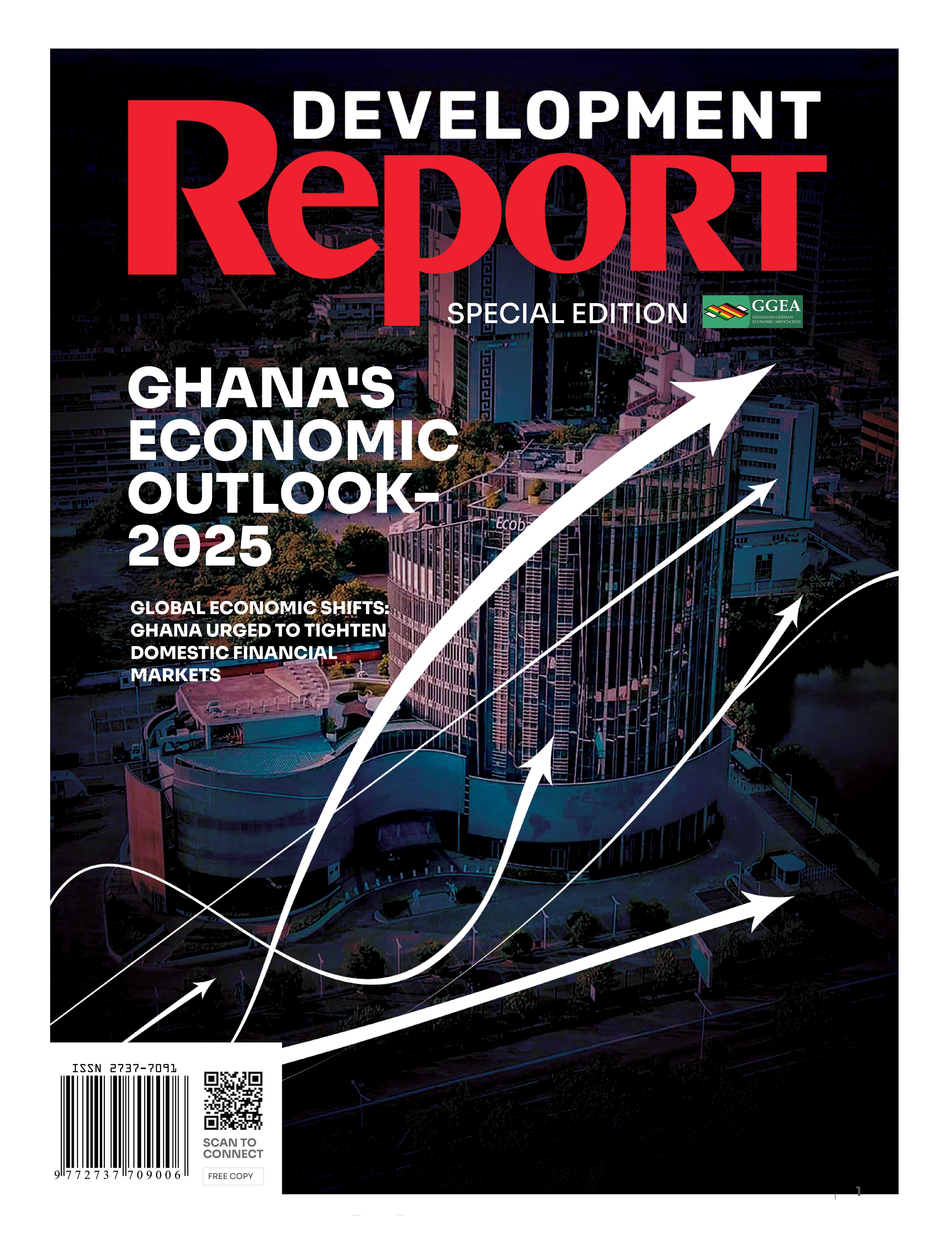The proposal by former President John Dramani Mahama to establish a 24-hour economy has sparked a thought-provoking conversation within Ghana’s political and economic circles. As we explore the nuances of the proposal, it becomes apparent that his inspiration is significantly drawn from successful global implementations, particularly in the UK and the US. These international models serve as compelling examples, illustrating the potential for economic growth, job creation, and heightened productivity associated with the 24-hour economy.
In the UK, the night-time economy has played a substantial role in bolstering economic robustness, contributing between £17.7 billion to £26.3 billion. This success story underscores the transformative impact that this policy can have on Ghana. London’s night-time economy has not only elevated economic metrics but has also generated hundreds of thousands of direct and indirect jobs. Similarly, in the US, nearly two out of every five employees operate within the 24-hour economy system, emphasising the widespread acceptance and integration of non-traditional working hours.
Despite the promise embedded in this vision, skepticism has arisen, particularly from opponents within the ruling New Patriotic Party (NPP), questioning the novelty of the proposal. Vice President Dr. Mahamudu Bawumia has pointed to existing 24-hour operations in certain Ghanaian sectors. This skepticism underscores the need for a meticulously crafted implementation plan, one that does not merely replicate existing practices but addresses sector-specific nuances to ensure the proposal’s genuine impact.
The role of civil society in shaping the narrative around the proposed 24-hour economy is crucial, and organisations such as Ghana Federation of Labour (GFL) have expressed support by highlighting potential benefits for their members and the broader community. This endorsement underscores the importance of a collaborative approach, echoing the inclusive models observed in successful economies globally.
Furthermore, the emphasis on a robust police service as a linchpin of the 24-hour economy strategy aligns with successful models seen in other nations. Practical examples from these countries highlight the crucial role of effective law enforcement during night-time operations. As Ghana evaluates the readiness of the Ghana Police Service to handle the demands associated with this shift, drawing from international best practices becomes not just an option but a necessity.
However, it is crucial to acknowledge potential challenges, such as the impact on workers’ health and family time. Striking a delicate balance between economic growth and social welfare is paramount. Drawing inspiration from social welfare models implemented globally, Ghana’s model should incorporate policies that prioritise the well-being of the workforce, ensuring sustainable economic development.
To effectively implement a 24-hour economy, practical pathways must be outlined, incorporating lessons learned from global models. This includes tailored sector-specific strategies, consultation with industry experts, and pilot programmes to test the viability of extended operating hours. Collaboration with businesses, civil society, and law enforcement agencies, as witnessed in successful global models, will be instrumental in ensuring a smooth transition.
Recommendations for Implementing a 24-Hour Economy in Ghana:
Tailored Sector-Specific Strategies: Develop customised plans for different sectors, considering their unique demands and challenges. Collaborate with industry experts to design strategies that optimise the benefits of extended operating hours, ensuring that the implementation aligns with the specific needs and dynamics of each sector.
Consultation and Pilot Programmes: Engage in extensive consultations with stakeholders, including businesses, workers, and communities. Prioritise open dialogue to gather diverse perspectives and insights. Initiate pilot programmes in selected sectors to test the feasibility of extended operating hours before full-scale implementation, allowing for adjustments based on real-world feedback and experiences.
Collaborative Approach: Foster collaboration between businesses, civil society, and law enforcement agencies to ensure a unified and smooth transition to a 24-hour economy. Draw lessons from successful global models that have thrived on inclusive, collaborative frameworks, promoting a collective effort towards achieving the goals of increased economic activity and productivity.
Emphasis on Police Service: Strengthen the Ghana Police Service to effectively meet the demands of a 24-hour economy. Implement best practices from successful nations, particularly focusing on ensuring effective law enforcement during night-time operations. This includes training, resource allocation, and the adoption of technologies that enhance security and public safety during extended operating hours.
Worker Well-being Policies: Prioritise the health and family time of workers by incorporating social welfare models into the vision for a 24-hour economy. Implement policies that promote work-life balance, ensuring that extended operating hours do not compromise the well-being of the workforce. This includes measures to address potential health impacts and provisions for family support, contributing to sustainable economic development in the long term.
The proposal for a 24-hour economy in Ghana is not merely an ambitious proposal but a feasible venture, inspired by successful global models. As citizens engage in this discourse, a deeper analysis that considers sector-specific intricacies, incorporates international best practices, and outlines practical pathways for implementation is vital. The success of this transformative economic policy lies in meticulous planning, transparent communication, and a steadfast commitment to addressing the multifaceted needs of Ghanaian society, guided by the valuable lessons provided by global models.


